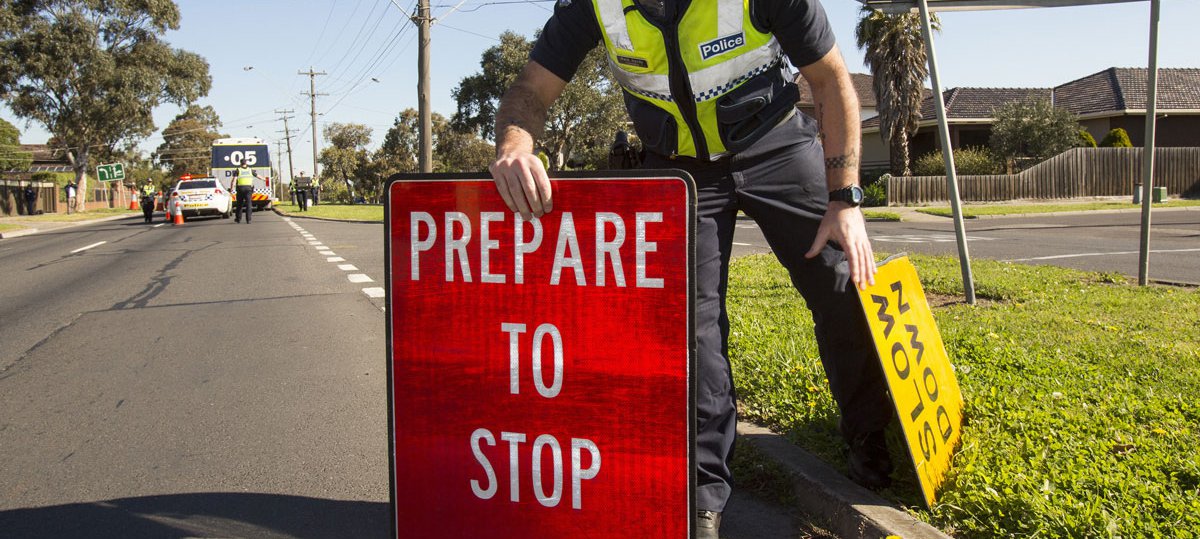April 5, 2017
Alcohol and driving

How alcohol impacts your ability to drive
Alcohol is a depressant drug. It slows the activity of the central nervous system, including the brain. This can have a huge impact on your ability to drive safely.
Alcohol can affect your driving by causing:
- feelings of relaxation and drowsiness, which may cause you to fall asleep at the wheel
- impaired vision
- reduced reaction times
- reduced concentration and vigilance
- difficulty in understanding what’s happening around you
- difficulty doing several tasks at once (e.g. keeping in your lane and avoiding other traffic)
- failure to obey road rules
- over-confidence, which may lead to risk taking.
In Australia, it’s illegal to drive if your blood alcohol level is over 0.05.
Tips for driving safely
If you intend to drive, remember that the safest option is to not drink.
If you do decide to drink, here are a few ways to manage how much you’re drinking to keep your blood alcohol level below 0.05:
- Monitor the number of standard drinks you consume each hour
- Drink zero or low alcoholic drinks
- Top up your own glass with your drink of choice
- Make it clear to your party that you’re sticking to zero or low alcoholic drinks
Learn more about how to manage your alcohol consumption here.
Wait for your BAC to drop before driving
As a general rule, you don’t want to consume more than 1 standard drink an hour if you’re planning to drive. This is because on average, the liver breaks down a little less than one standard drink per hour.
However, some people may need to drink less to keep their blood alcohol concentration (BAC) under 0.05% and drive safely.
The only way to remove alcohol from your system is to allow the body time to process it. Showers, coffee and fresh air won’t reduce your BAC.
Your BAC can continue to rise for up to three hours after your last drink.
Have a backup plan
If you're not sure how much you've had, don't drive. Always have a backup plan. If you choose to drink, consider public transport, rideshare, or organising a friend to be designated driver.
More information
- Help & Support
- DrugInfo
- National Alcohol & Other Drug hotline 1800 250 015